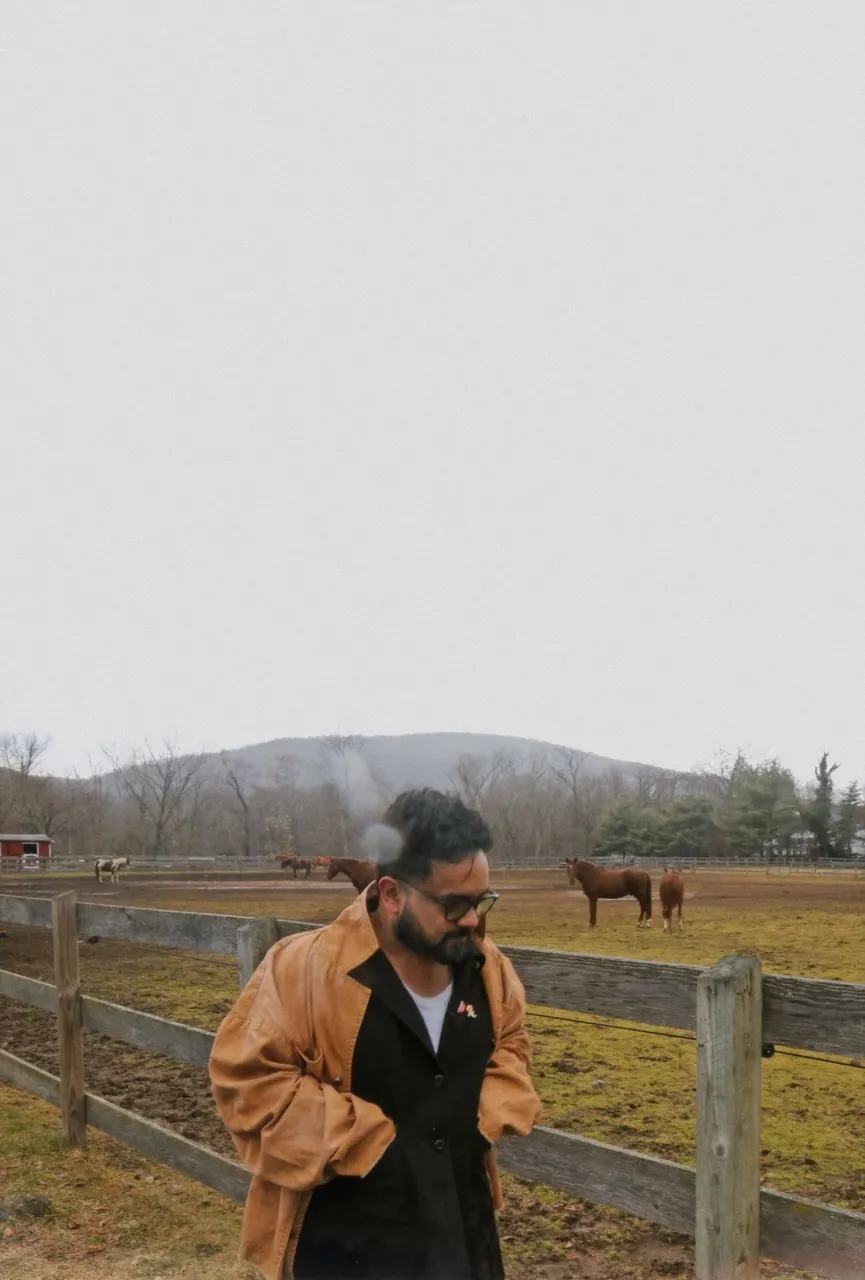F L A U N T


Faraz Zaidi has always seen life as a design project, going back to his earliest memories. Just like a painter creates a beautiful landscape with a range of vivid colors on an empty canvas, often making subtle mistakes along the way, or how a sculptor transforms clay into a beautiful statue, life can be seen as arranging pieces of a puzzle to form a complete picture.

This thinking lead Faraz to approach the task of creating a fulfilling life with the same curiosity, creativity, and iterative mindset that designers bring to their work. His first mission was to build a set of tools and techniques to allow for him to craft a career that is meaningful, engaging, and sustainable. Faraz’s appreciation for all things visual and his ability to find beauty in the world have always been integral parts of his character. He attributes his ability to bring ideas that linger in his busy head into fruition to his upbringing, family, and God.

As Faraz puts it, he has always had a desire to make things better - to enhance their appearance, feel, or the stories they told. Having always been drawn to derive substance from life, something he credits to learning from his father, much of Faraz's free time in his earlier years was spent on a search for meaning.
This innate curiosity led him to the explore the world of design and fashion, using clothing as a means to tell stories and communicate. He always felt that people were able to say so much from what they wore, without having to say anything verbally at all. This fascination in the subliminal communication through clothes was what drew faraz deeper into this world.

The Pakistani-born immigrant designer's success was the result of a lot of hard work and some fortunate timing. When he arrived in New Jersey with his family at the age of 3, he didn't speak English and was unfamiliar with the culture of America, the schools and his classmates. In hindsight, he has found that his outsider perspective has been an advantage for him in the fashion world all along. "I don't have any one reference point and culture to go by,” he explains. "I adjusted to the environment I was in being in New Jersey and coupled that with what I knew of my culture back home. It made for the perfect blend of tradition and progression.”
Zaidi, along with his small team that included his elder sister and younger cousin,
experimented with the idea of constructing their own version of the American dream. Taking elements from their favorite designer, Ralph Lauren, favorite musicians, films, and business success stories - they mixed streetwear and high fashion with their own experiences. "It's all really kind of an autobiographical viewpoint of where we come from and all that we can share of our motherland; the stories, the textures, the fabrics, the rich vibrant colors, and the people. There's really a lot of depth and beauty there, something the industry could learn to appreciate," he says. Faraz says he’s always felt his design came from a narrative perspective that is based on things he experiences in day-to-day life that have a personal connection to him. That could be personal struggle with life and love and relationships or on a larger societal scale. “It’s often difficult to pinpoint exactly where a design comes from, it’s mostly a mixture of so many different moods and moments.”
Faraz emphasizes that he doesn't aim to completely shift or revolutionize the fashion industry. “Realistically, I don't intend to reinvent the wheel," he says. "I just want to insert a small slice of our story into the fashion world and shift the paradigm in any way we can. Ultimately to show that it's possible no matter where you were born or where you come from. I want to communicate that life is a journey of finding a story to tell and a medium to tell it.” He says. While Faraz has had many successes in terms of A-list celebrity placements and luxury retail recognition, what he truly enjoys most is the process of building and creating. He is excited to see what the future holds.
.webp)